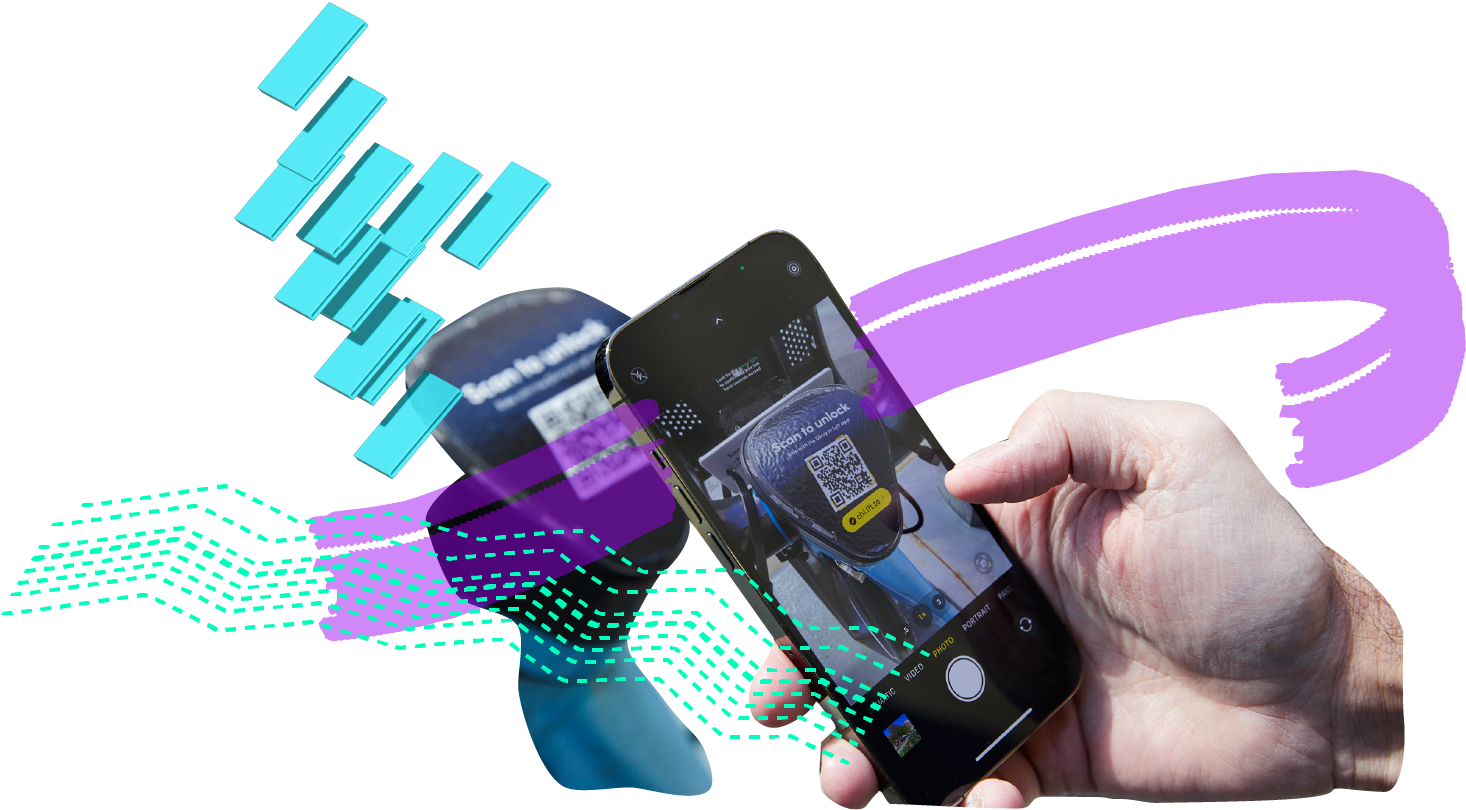
In partnership with local governments, real-world explorations reframe and propose equitable adjustments to mobility systems.
Metro Rio
Brazilian designers and public transit leaders collaborated to create and implement an innovative wayfinding system for the metro system of Rio de Janeiro in preparation for the World Cup and Olympic Games. Now, ten years after the initial installation of the wayfinding designs, this project continues to improve the lives of locals and visitors alike by making public transit more transparent and safer.
Every aspect of the project was designed for positive impact. The team intentionally facilitated economic opportunities to benefit the local community. They de-scaled the production so that all the signage could be built, installed, and eventually maintained by several small shops based in Rio.
Partners: MetroRio Brazil, Crama Design Estratégico
“Carlos brought us a completely different view of design. It was not just about how we could transform the final product, but the whole system… it was transforming to us.”
Thiago Gadelha, Clear Channel Outdoor’s Business Development & Innovation Director [Formerly MetroRio’s Communications Coordinator]

Parking Fees & Fines
Informed by Chris Rudd’s anti-racism work at ID, IIT Institute of Design graduate students prototyped solutions to the disproportionate impact of parking and driving fees and fines on lower income and BIPOC residents of Chicago. Utilizing data provided by the City, students began prototyping early in the project, demonstrating that data-informed, location-specific interventions are necessary for creating equitable solutions to the fee structure. Additionally, they explored new options to disseminate fees collected back into the neighborhoods in which they were collected. The models produced from this work could be replicated across city departments and other municipalities.
Partners: City Clerk of Chicago
“[The City of Chicago] has the ability to push systems into a more equitable space because they have data to play with, versus right now where everybody's treated equally. You just treat a city sticker as a city sticker, you treat a camera as a camera, versus this camera’s in an underprivileged neighborhood, so you are going to interact with it differently.”
Kat Reiser, IIT Institute of Design Master of Design Methods




